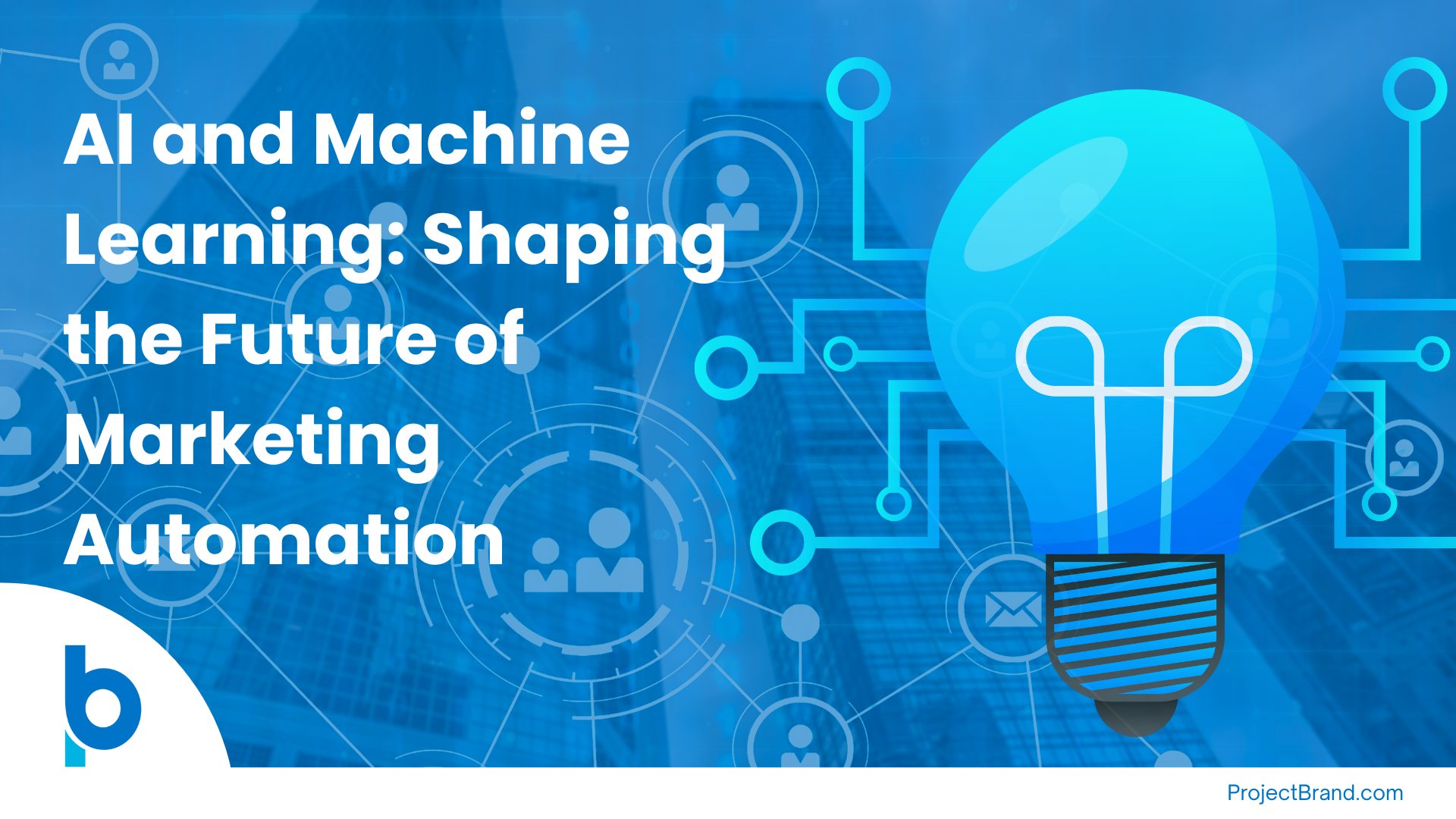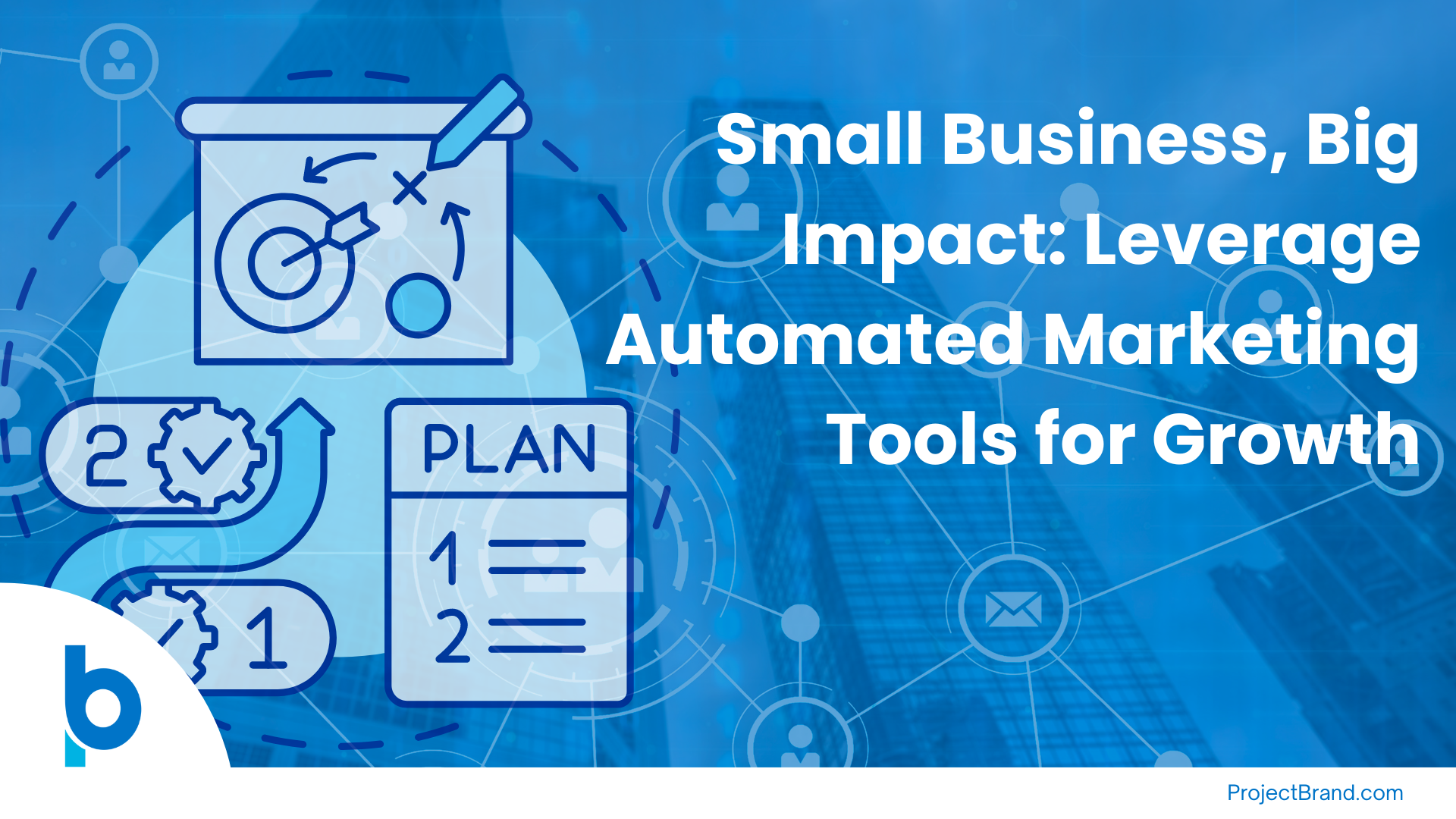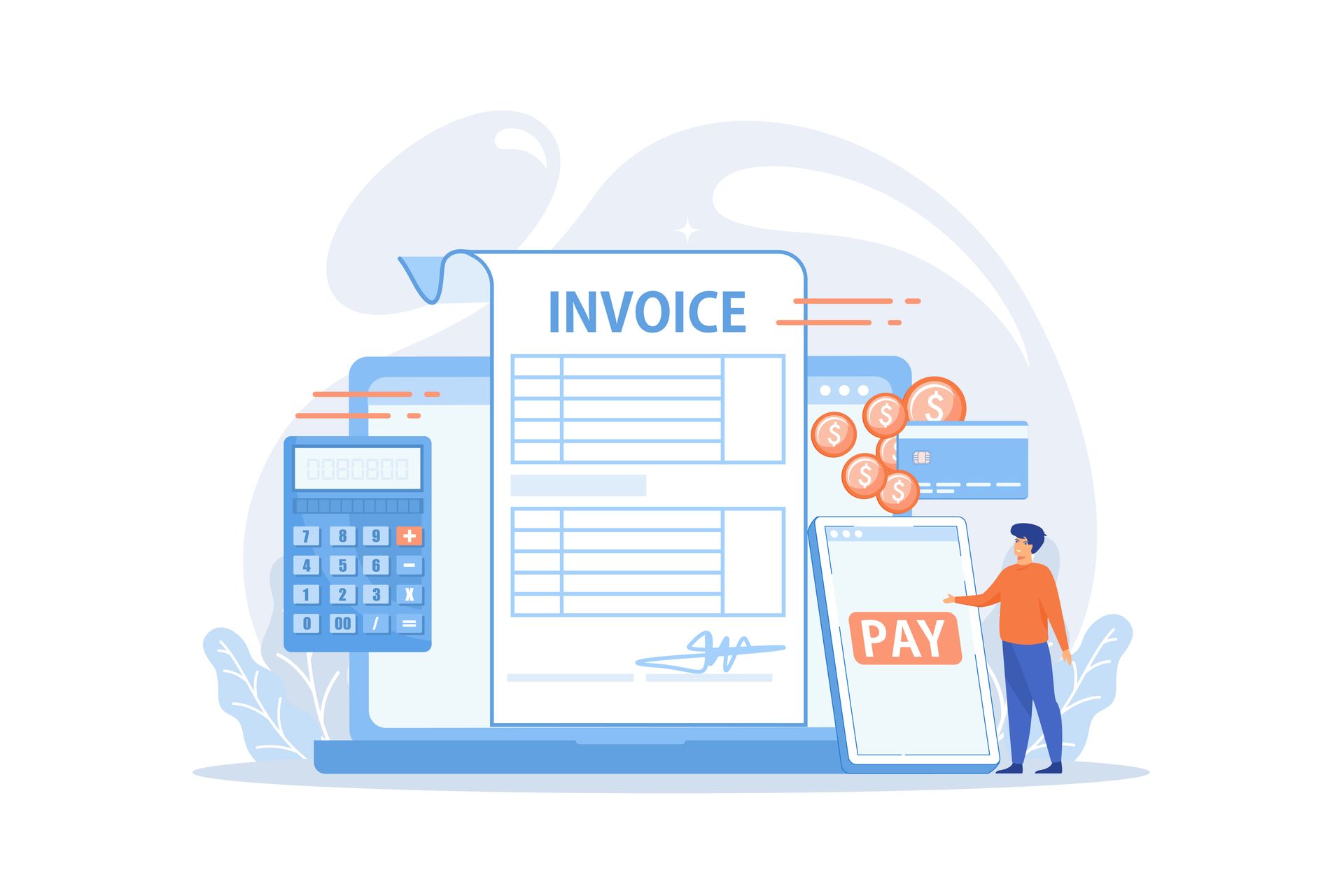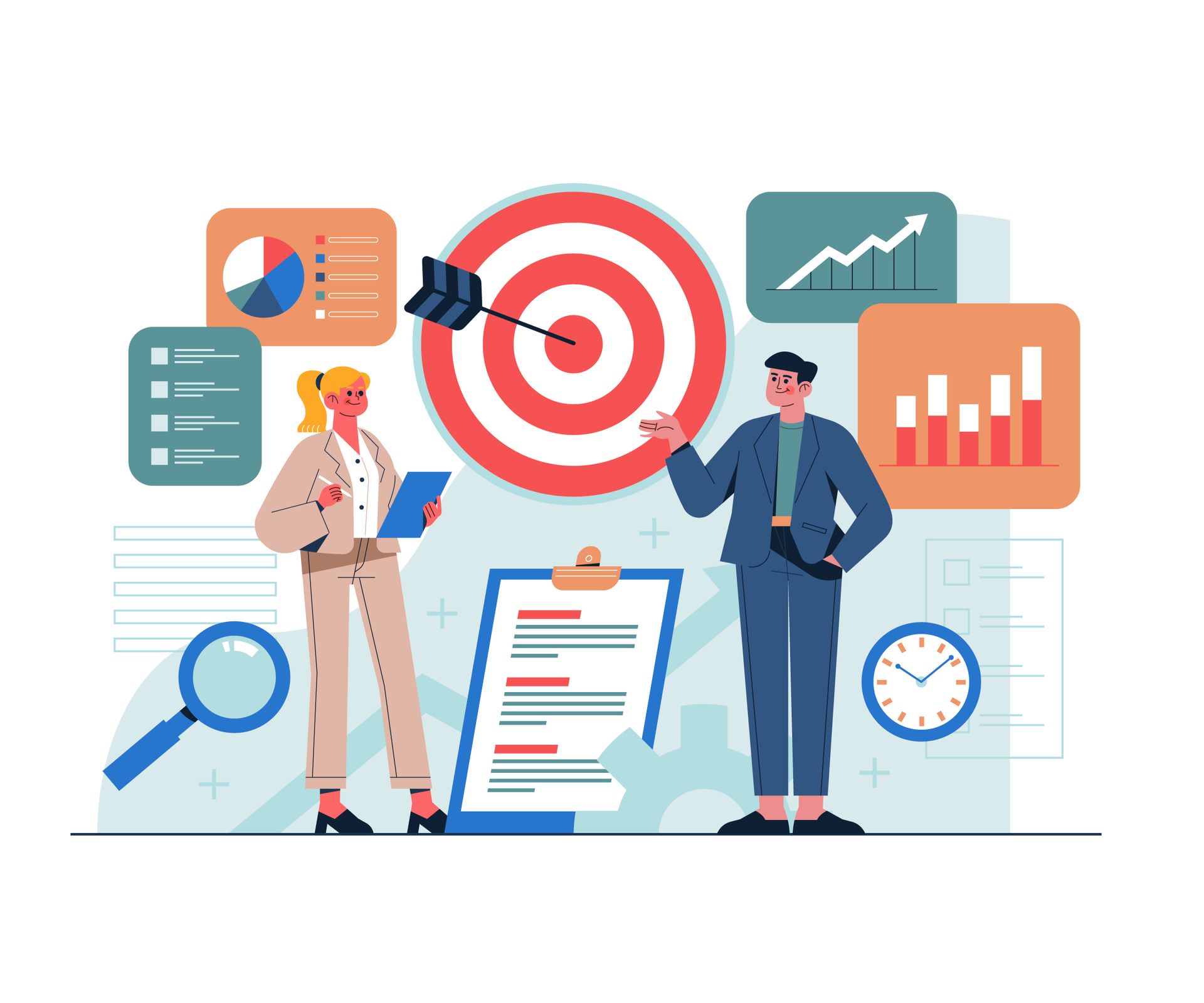Receive our Newsletter
Boosting Success: How Digital Marketing Can Propel Small Businesses to New Heights
“Content is not king, but a president elected by the votes of those whom it aims to rule.” - Raheel Farooq
Digital marketing is no longer a luxury; it has become necessary for businesses of all sizes. It's a game-changer for small businesses, helping them compete with larger businesses and reach a wider audience.
The Importance of Digital Marketing for Small Businesses
The dominance of the internet in our lives is undeniable. The internet significantly influences our choices, from our daily interactions to purchasing decisions. As a small business, considering the digital world can result in missed opportunities.
Digital marketing for small businesses offers numerous benefits. It can increase visibility, improve customer interaction, and drive sales.
Additionally, it allows companies to compete fairly with larger corporations, reaching audiences globally.
Understanding the Digital Marketing Landscape
Digital marketing is an umbrella term for all marketing activities conducted online. It's a complex landscape with numerous components, including search engine optimization (SEO), pay-per-click (PPC) advertising, social media marketing, email marketing, and content marketing.
To navigate this landscape, businesses must understand each component and its role in a comprehensive digital marketing strategy.
Key Components of a Digital Marketing Strategy
- Website: Your business's digital home, a website, is often the first point of contact for potential customers. It should be visually appealing, user-friendly, mobile-responsive, and contain all necessary business information.
- SEO: Optimize your website to rank higher on search engine results pages (SERPs). A well-optimized website attracts more organic traffic, leading to increased visibility and credibility.
- PPC Advertising: This involves paying for each click your ad receives. PPC can quickly drive traffic to your website, making it beneficial for businesses seeking immediate results.
- Social Media Marketing: This involves promoting your business on social media platforms. It's a great way to engage with your audience and build brand loyalty.
- Email Marketing: This involves sending targeted messages to a group of people via email. It's an effective way to nurture leads and keep customers engaged.
- Content Marketing: Create and share valuable content to attract and convert prospects into customers. It's vital in establishing your business as an authority in your industry.
Setting Goals and Objectives for Your Digital Marketing Campaign
Setting clear and realistic goals is crucial to ensure your digital marketing efforts are fruitful.
Here are some tips for setting effective digital marketing goals:
- Align your digital marketing goals with your business objectives: Your digital marketing goals should contribute to your overall business objectives. For example, if your business goal is to increase sales by 20% in the next quarter, your digital marketing goal could be to increase website traffic by 50%.
- Ensure your goals are SMART (Specific, Measurable, Achievable, Relevant, Time-bound): SMART goals provide a clear and concise path to success. They allow for progress tracking and make it easier to adjust strategies as needed.
- Prioritize your goals: Not all goals are created equal. Some goals might be more urgent or have a higher impact on your business. Prioritize your goals based on their potential impact and urgency.
Researching Your Target Audience and Competition
Understanding your target audience and competition is key to creating a successful digital marketing strategy. Here's how you can do it:
- Conduct market research: Market research helps you understand your target audience's needs, preferences, and behaviors. You can conduct surveys and focus groups or use online tools like Google Trends and social media analytics.
- Analyze your competition: Understanding competitors' actions can help you identify opportunities and avoid pitfalls. You can use tools like SEMrush or SpyFu to analyze your competitors' online activities.
- Create buyer personas: Buyer personas are fictional representations of your ideal customers. They can help you understand your audience better and create more targeted and effective marketing campaigns.
Creating a Compelling Website and Landing Pages
Your website is your online storefront. It's often the first impression potential customers have of your business, so it's crucial to make it count.
When creating your website, focus on its design, functionality, and content. It should be visually appealing, easy to navigate, and filled with valuable content. Ensure it's mobile-friendly, as more and more people use their mobile devices to browse the web.
Various tools are available to help you create a professional website, including WordPress, Wix, and Shopify. If you need to be more tech-savvy, consider hiring an experienced web developer or designer.
Search Engine Optimization (SEO) for Small Businesses
SEO is a vital component of digital marketing. Optimizing your website to rank higher on SERPs increases visibility and organic traffic.
Here are some evergreen SEO techniques that can help boost your website's ranking:
- Keyword research and optimization: Keywords are the phrases users type into search engines. By optimizing your website with relevant keywords, you can attract more relevant traffic.
- Quality content creation: Search engines prioritize websites with high-quality, relevant content. Regularly update your website with fresh and valuable content to improve its ranking.
- Link building: Backlinks, or links from other websites to yours, are a significant ranking factor. Reach out to reputable websites in your industry and ask them to link to your content.
- Technical SEO: This involves optimizing your website's technical aspects, like site speed, mobile-friendliness, and security.
- Local SEO: If you're a local business, focus on local SEO. This involves optimizing your website to attract traffic from your local area.
Pay-Per-Click (PPC) Advertising and Its Benefits for Small Businesses
PPC advertising is an online advertising model where advertisers pay a fee each time their ad is clicked. It's a way of buying visits to your site rather than attempting to “earn” those visits organically.
Here are four benefits of PPC advertising for small businesses:
- Immediate results: Unlike SEO, which takes time to yield results, PPC can drive traffic to your website immediately.
- Targeted advertising: PPC allows you to target your ads to specific demographics, locations, and even times of the day.
- Measurable results: With PPC, you can track how many people saw your ads, clicked on them, and converted into customers.
- Budget control: You can set a budget for your PPC campaign and only pay when someone clicks on your ad.
Social Media Marketing for Small Businesses
Social media provides a platform for businesses to engage with their audience, build brand awareness, and drive sales.
Platforms like Facebook, Instagram, LinkedIn, and Twitter each have their unique audience and can be used to target specific demographic groups.
To succeed in social media marketing, creating engaging content, engaging with your followers, and consistently posting updates are essential. You can also leverage social media advertising to reach a broader audience.
Email Marketing for Small Businesses
Email marketing is a powerful digital marketing tool. It lets you communicate directly with your audience, build customer relationships, and promote your products or services.
There are several email marketing platforms available that can help you manage your email campaigns. Some examples include Mailchimp, Constant Contact, and SendinBlue.
Moreover, our product in ProjectBrand offers a CRM+ system that has an email marketing function. Know more about our services here.
Content Marketing and Its Role in Small Business Success
Content marketing involves creating and sharing valuable content to attract and convert prospects into customers. It's key to establishing your business as an authority in your industry.
Here are three roles of content marketing in small business success:
- Builds trust and credibility: High-quality, valuable content can help build trust and credibility with your audience.
- Boosts SEO: Regularly publishing fresh content can help improve your website's SEO, leading to increased organic traffic.
- Generates leads: Content can be used to capture leads. For example, you can offer a free eBook or a discount code in exchange for your visitors' email addresses.
Online Reputation Management for Small Businesses
Online reputation management involves managing your business's online image by monitoring and responding to customer feedback, addressing negative comments, and promoting positive experiences.
Here are five ways to maintain an excellent online reputation:
- Monitor online reviews and respond promptly: Regularly check review sites and respond to positive and negative reviews.
- Handle customer complaints professionally: Address customer complaints promptly and professionally. This can turn a negative experience into a positive one.
- Encourage customers to leave reviews: Positive reviews can significantly boost your online reputation. Encourage satisfied customers to leave reviews on relevant platforms.
- Maintain a consistent and positive presence on social media: Regularly post updates and engage with your followers.
- Publish high-quality, valuable content: High-quality content can boost your credibility and establish your business as an industry authority.
Measuring and Analyzing Your Digital Marketing Efforts
To determine the success of your digital marketing efforts, it's crucial to measure and analyze your results. Here are three ways to do this:
- Use analytics tools: Tools like Google Analytics and social media analytics can provide valuable insights into your website traffic, user behavior, and campaign performance.
- Monitor key performance indicators (KPIs): KPIs like traffic, conversion rates, and customer acquisition costs can help you assess the effectiveness of your digital marketing efforts.
- Conduct A/B testing: A/B testing involves comparing two versions of a webpage or ad to see which performs better. It can help you optimize your digital marketing campaigns.
Budgeting for Digital Marketing Campaigns
Budgeting for digital marketing is crucial. You might spend on certain tactics with a proper budget while neglecting others. Here are three tips for budgeting:
- Define your budget: Determine how much you're willing and able to spend on digital marketing.
- Allocate your budget: Decide how to distribute it across different digital marketing tactics based on their potential return on investment.
- Track your expenses: Regularly track your expenses to ensure you're staying within your budget.
Choosing the Right Digital Marketing Agency for Your Small Business
If you need more confidence in managing your digital marketing efforts, consider hiring a digital marketing agency. A good agency can help you develop a comprehensive digital marketing strategy, manage your campaigns, and optimize your results.
When choosing an agency, consider their expertise, past work, client testimonials, and pricing. Selecting an agency that understands your business and can meet your needs is essential.
Conclusion
Digital marketing for small businesses is no longer optional; it's necessary in today's digital age. By understanding and leveraging various digital marketing tactics, small businesses can reach a wider audience, compete with larger businesses, and drive sales.
However, it requires strategic planning, ongoing optimization, and consistent effort. Whether you manage your digital marketing in-house or hire a professional agency, the key is to stay focused, flexible, and patient, as digital marketing success only happens after some time.











